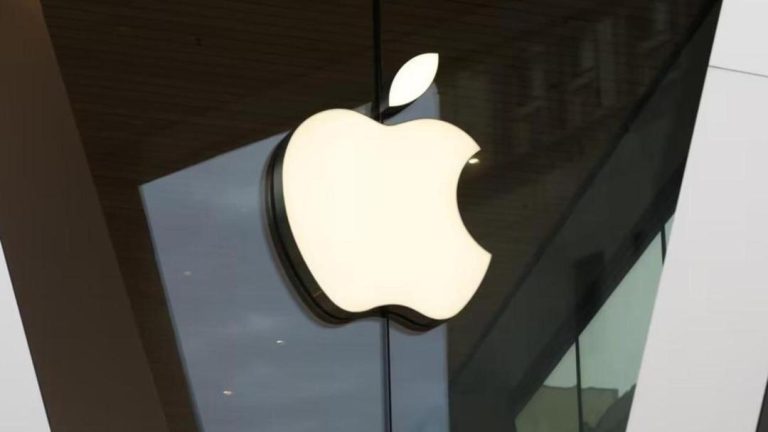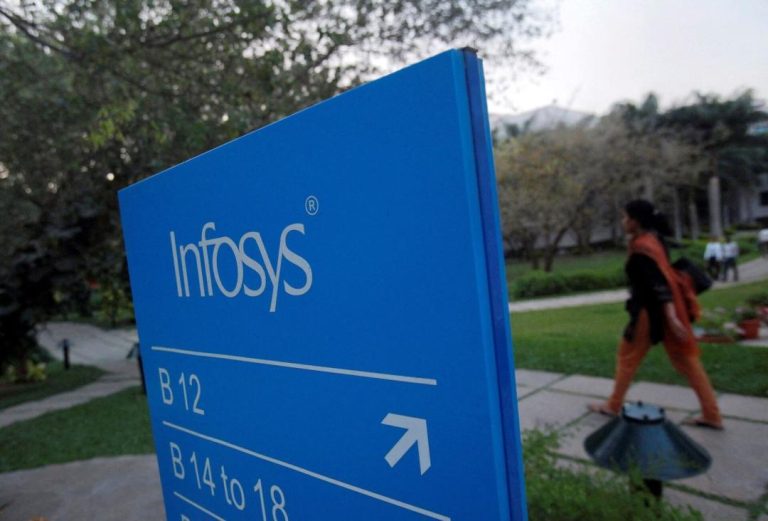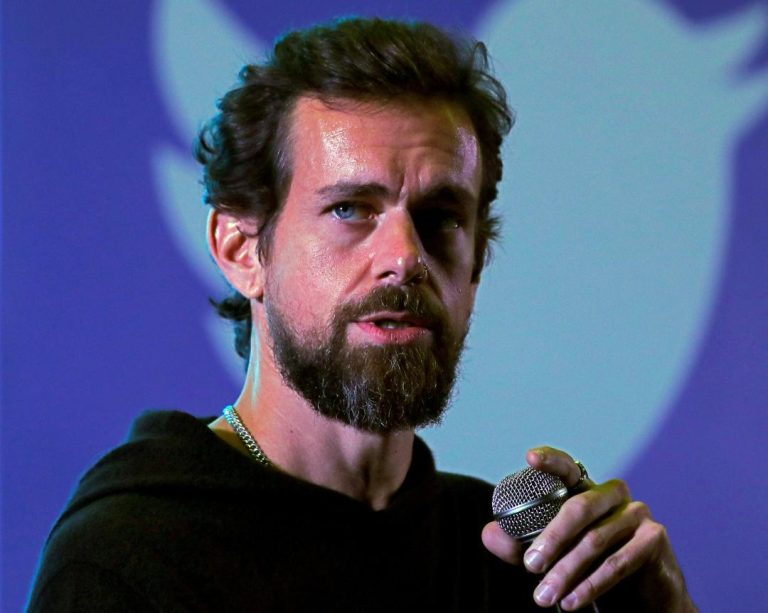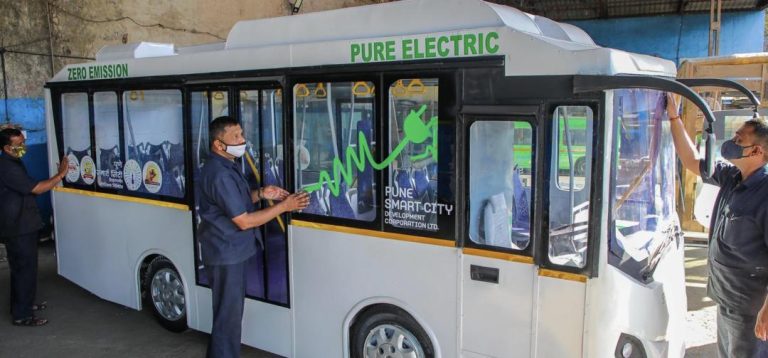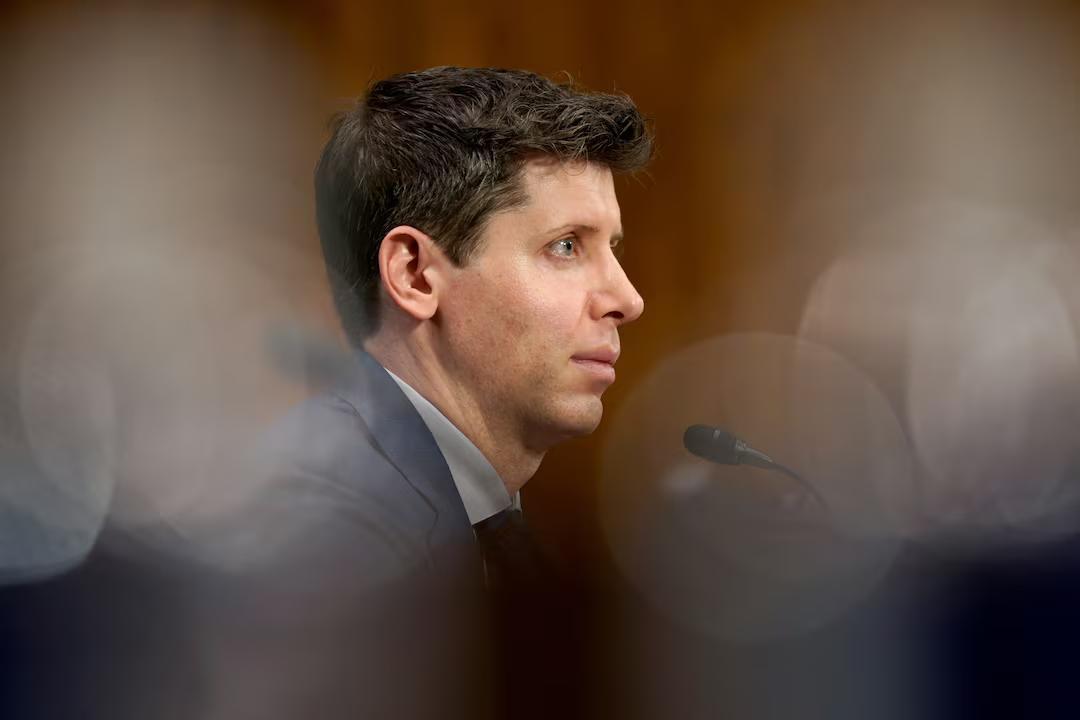
OpenAI Poaches AI Talent from Meta & Others after Meta’s Poaching: Report
The ongoing game of poaching top talent in the tech industry has taken a new turn, with OpenAI, the maker of the popular AI chatbot ChatGPT, reportedly hiring four high-profile engineers from Meta, xAI, and Tesla to join its scaling team. This move comes as Meta continues to poach AI talent from across the industry, sparking a reverse poaching game that is likely to have far-reaching consequences.
According to a report by WIRED, the four engineers who have joined OpenAI are David Lau, a former Vice President of Software Engineering at Tesla; Uday Ruddarraju, a former head of Infrastructure Engineering at xAI; Mike Dalton, an xAI engineer; and Angela Fan, a researcher at Meta AI.
This move by OpenAI is significant, as it highlights the growing competition for AI talent in the industry. With the rapid advancements in AI technology, companies are scrambling to hire the best minds to help them stay ahead of the curve. OpenAI’s decision to poach talent from its rivals is a clear indication that it is willing to do whatever it takes to stay ahead of the competition.
Meta’s poaching spree, which has been ongoing for some time, has been particularly aggressive. The company has been targeting top AI talent from across the industry, including from companies like Google, Facebook, and even OpenAI itself. Meta’s efforts to poach AI talent have been seen as a way to bolster its own AI capabilities, particularly in areas like natural language processing and computer vision.
OpenAI’s decision to poach talent from Meta and other rivals is a clear response to Meta’s aggressive poaching tactics. By hiring top AI talent from Meta, OpenAI is essentially “poaching” back, and this move is likely to have significant implications for the industry.
The four engineers who have joined OpenAI bring a wealth of experience and expertise to the table. David Lau, for example, has over 20 years of experience in the tech industry, including stints at Tesla and Google. Uday Ruddarraju has a strong background in infrastructure engineering, having worked at companies like Amazon and Microsoft. Mike Dalton has a strong background in AI engineering, having worked at companies like xAI and Tesla. Angela Fan, meanwhile, has a strong background in research, having worked at Meta AI and other organizations.
The hiring of these four engineers is a significant coup for OpenAI, and it is likely to have a significant impact on the company’s ability to develop and deploy AI technology. OpenAI’s scaling team is responsible for developing and deploying the company’s AI models, including ChatGPT, and the addition of these four engineers will likely help the company to accelerate its development and deployment efforts.
The implications of OpenAI’s poaching of Meta’s AI talent are significant, and they are likely to have far-reaching consequences for the industry. The competition for AI talent is likely to continue to intensify, with companies like Meta and OpenAI engaging in a high-stakes game of poaching and counter-poaching.
For Meta, the loss of these four engineers is a significant blow, and it is likely to have implications for the company’s ability to develop and deploy its own AI technology. Meta has been investing heavily in AI research and development, and the loss of these engineers could slow down the company’s progress in this area.
For OpenAI, the hiring of these four engineers is a significant coup, and it is likely to help the company to stay ahead of the competition. OpenAI’s decision to poach talent from Meta and other rivals is a clear indication that it is willing to do whatever it takes to stay ahead of the competition, and this move is likely to have significant implications for the industry.
In conclusion, OpenAI’s poaching of AI talent from Meta and other rivals is a significant development in the ongoing game of poaching top talent in the tech industry. The hiring of these four engineers is a significant coup for OpenAI, and it is likely to have significant implications for the company’s ability to develop and deploy AI technology. The competition for AI talent is likely to continue to intensify, and companies like Meta and OpenAI will need to continue to engage in high-stakes games of poaching and counter-poaching if they are to stay ahead of the competition.
